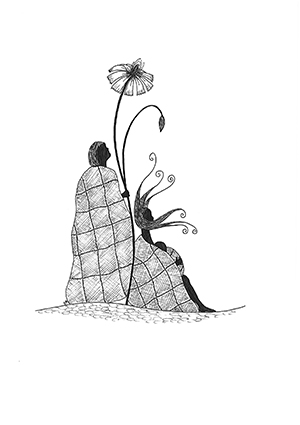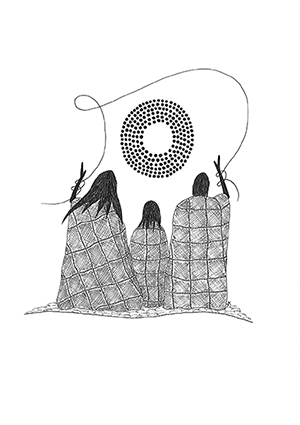Healing the past by nurturing the future
Strengthening foundations for supporting Indigenous parents who have experienced complex childhood trauma
Project aim and objectives
To undertake critical foundational work to engage end-users in a National Health and Medical Research Council (NHMRC) project to co-design strategies to identify and support Aboriginal and Torres Strait Islander parents who have experienced complex trauma.
Project team
Project leader: Associate Professor Catherine Chamberlain
Project partners: Judith Lumley Centre team
Administering organisation: La Trobe University
Project timeline: 01/12/2017—28/02/2019
Methodology
- Map relevant perinatal and psychosocial support services and key stakeholders who may be interested in being involved in co-designing screening and support strategies for Indigenous parents who have experienced complex trauma.
- Facilitate two workshops with key stakeholders to: discuss scoping review findings; co-design systematic reviews; develop research governance and emotional and cultural safety protocols; co-design research with vulnerable families; and plan next stages of research (development of screening and support strategies).
- Conduct a qualitative systematic review and meta-synthesis of pregnancy, birth and early postpartum experiences and views of parents who were maltreated in their own childhood.
- Pre-test and conduct innovative engaging research with key community groups and families to understand and illustrate parents’ experiences of complex trauma.
Project findings
This project was focused on building strong foundations, so the results are the strong partnerships. The results include:
- Over 300 key stakeholders in communication database receiving newsletters and workshop invites.
- Discussion group with Deadly Nannas.
- Overarching conceptual framework and protocol refined in consultation with workshop attendees and published in BMJ Open.
- Cultural and emotional safety protocol developed and accepted for publication.
- PLOS One scoping review and map of evidence published.
- Qualitative systematic review of parent views and experiences prepared for publication.
- Website established to support sharing of all project information, including a video for parents and community members.
- Strong ethics applications approved for ‘phase 2’ in all three project sites, commencing in July 2019, which will involve working directly with parents.
Project outcomes
Knowledge
- High quality evidence synthesis to inform co-design processes with key stakeholders.
- Strong foundations for NHMRC funded project.
| Awareness |
|
| Behaviour |
|
| Skills |
|
| Other |
|


Artwork by Shawana Marie Andrews
For further information please see: Healing the past by nurturing the future project website

